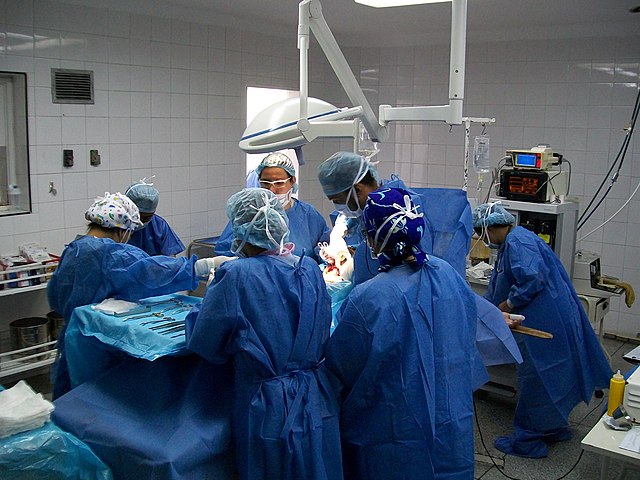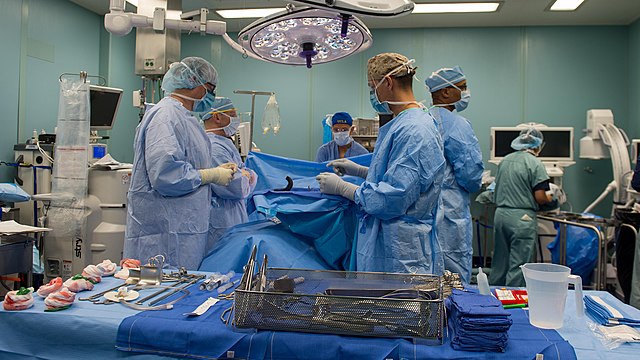
There is no “minor” type of surgery. Any surgical procedure, no matter how minor, is profound. An error is the last thing anyone wants to hear after an operation. Does that mean your surgeon committed malpractice? Not necessarily. This article will help you decide if a surgical error is a medical malpractice.
What is Medical Malpractice?
Even though a surgical error occurs, it does not automatically make someone liable for medical malpractice. You must be able to recognize that the medical procedure in question, whether it is a surgery or not, has to conform to a medical standard of care.
If your mistake does not fall under the medical standard, or you are not hurt by it, then there is no malpractice.
The standard of care can be described as The level and type of care that ordinary, prudent health care professionals with similar training and experience would provide in similar circumstances within the same community.
It is usually easy to prove that your surgeon treated you below the standard of care in most cases of surgical error. This depends on how strict you define error; more details are provided in the next section. Once you have established that your surgeon’s treatment violated the standard, the crucial question is whether you were hurt.

Why do Surgical errors occur?
There are no two surgeries that are the same. Every surgical error, and the underlying cause thereof, is unique. Here are some common causes of surgical errors.
- Incompetence – Your surgeon may not have performed the procedure many times before and lack the skills to do the operation successfully. This may sound strange, but it can happen.
- Insufficient Preoperative Planning – Surgeons must be well-prepared for surgery. This includes reviewing and preparing for any possible complications. This can consist of the proper preparation of nurses and assistants to ensure all equipment is available for the surgeon when needed.
- Incorrect Work Process – Sometimes, surgeons make a mistake and decide that some steps are unnecessary. Surgery can be costly if you take shortcuts.
- Poor communication – Several serious errors can be caused by poor communication. A surgeon might mark the wrong area for surgery or not have all the necessary equipment on hand. Miscommunications about medication dosage can also occur. Any of these errors can have serious consequences.
- Fatigue is widespread – Long shifts are a hallmark of surgeons. This causes fatigue. A tired person is more likely to make mistakes than someone well rested.
- Drugs/Alcohol – Some surgeons resort to alcohol and drugs to deal with stress. It is shocking to many that a surgeon would consider using drugs or alcohol in the operating room. Although it may seem surprising, it is a fact.
- Neglect – Sometimes, surgeons don’t take the time to be as thorough as they should. It could be that they fail to sterilize their instruments properly. This could include using defective surgical equipment.
Speak to an experienced lawyer
Talk to a lawyer specializing in medical malpractice if you have any questions regarding whether a surgical error is a medical malpractice. These cases can be highly complex from a legal and procedural perspective.

